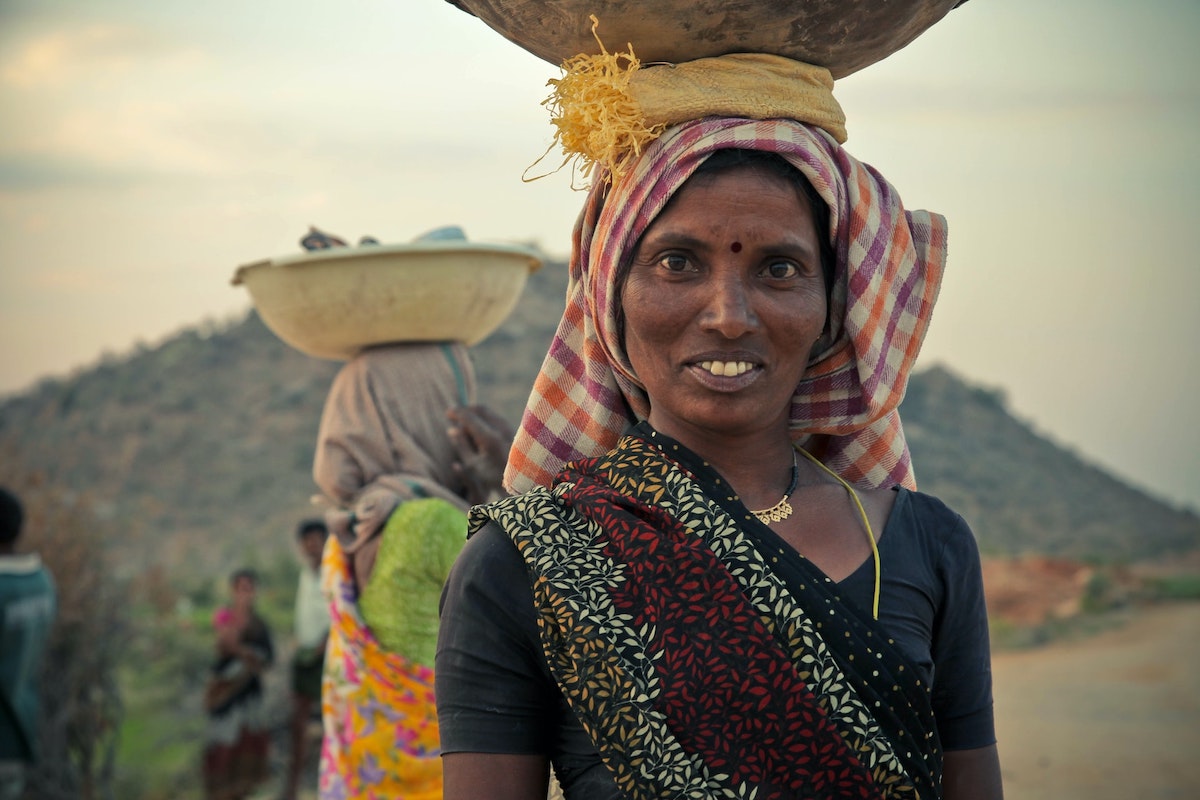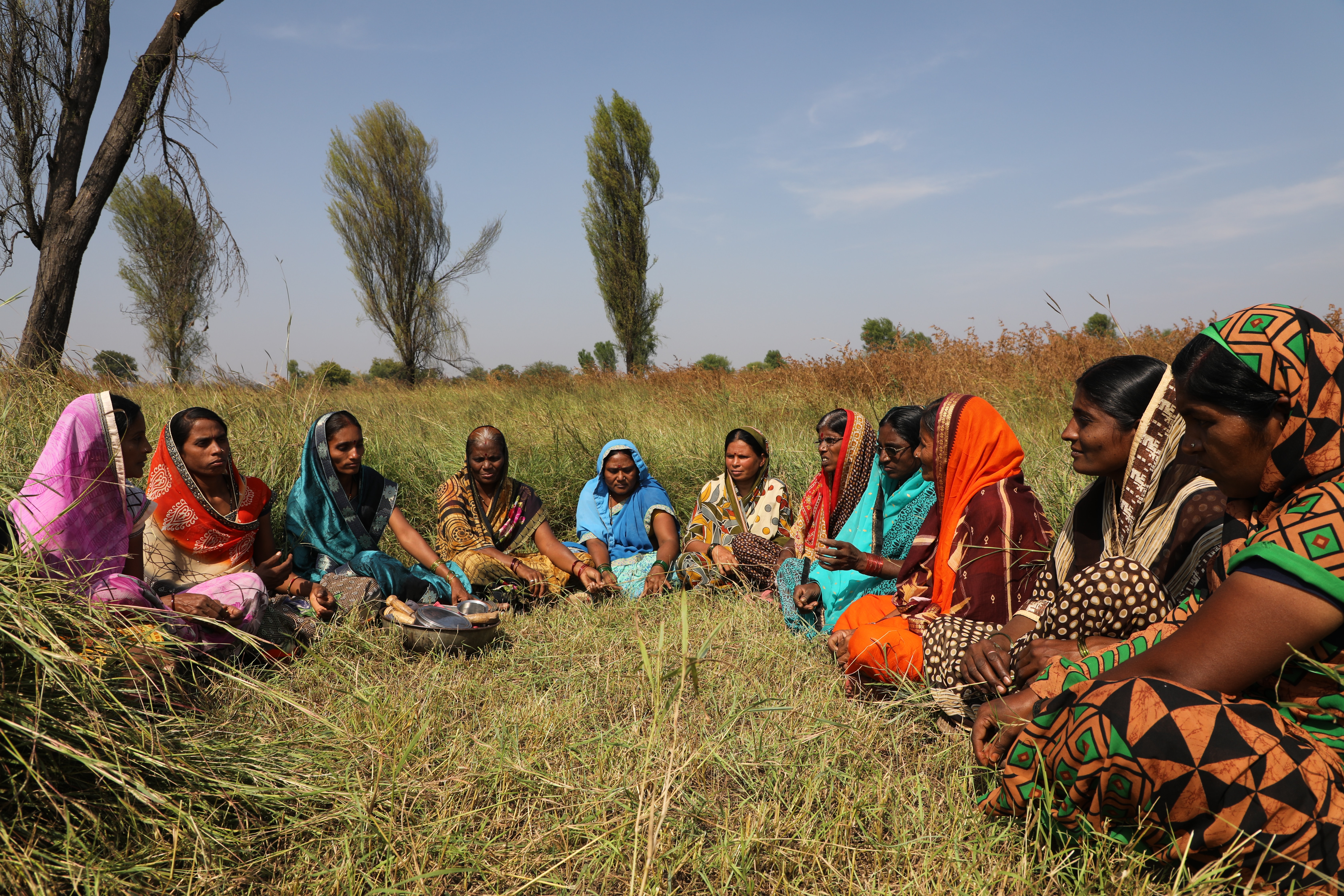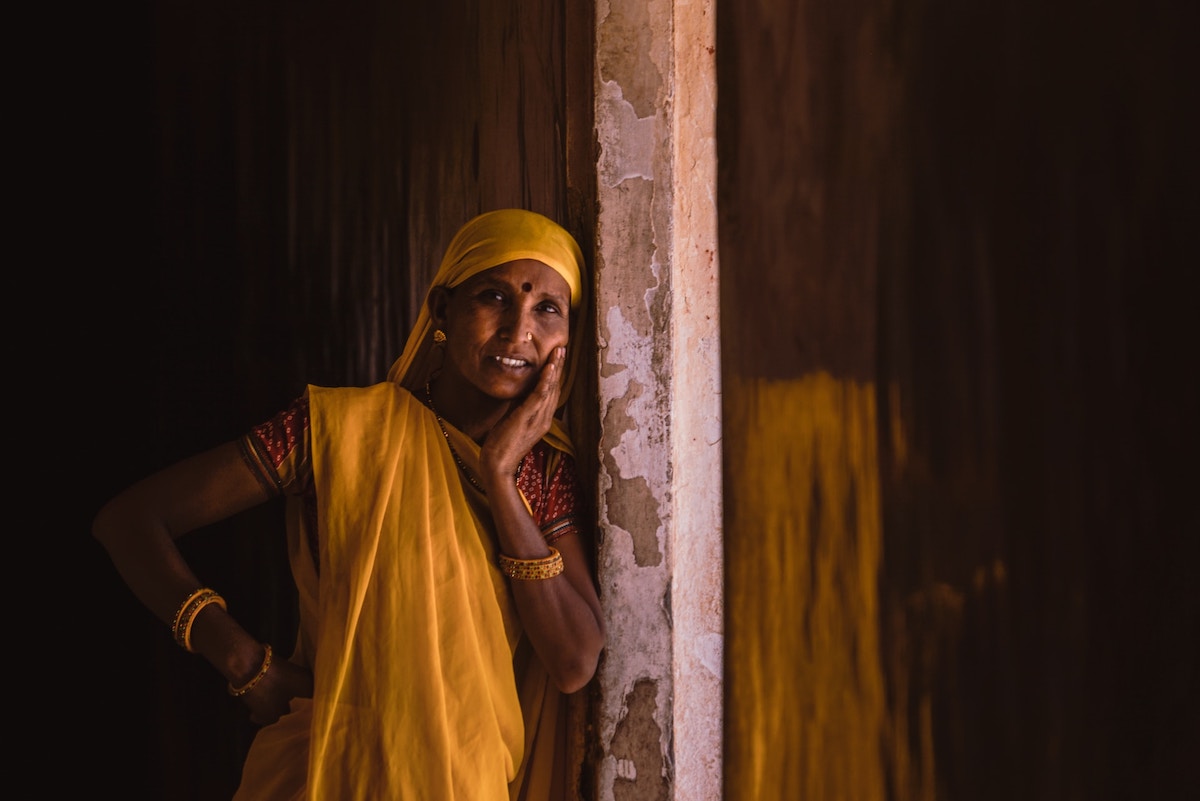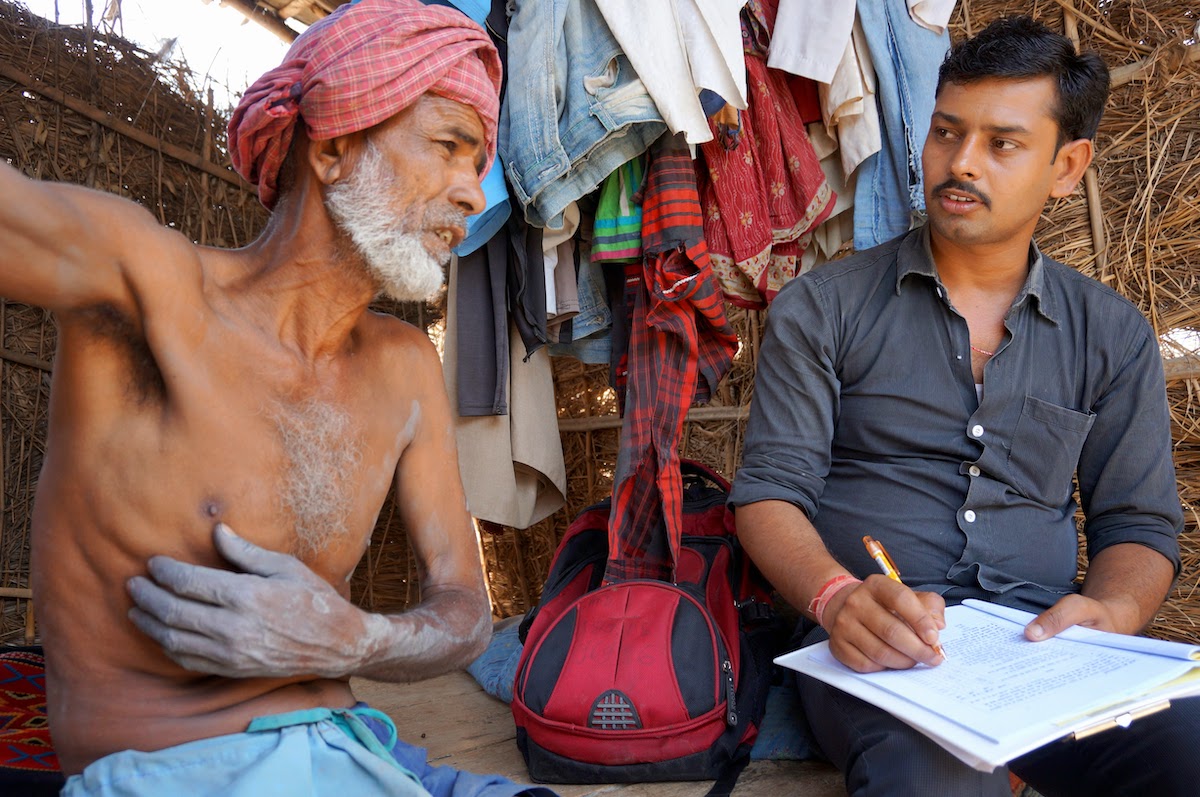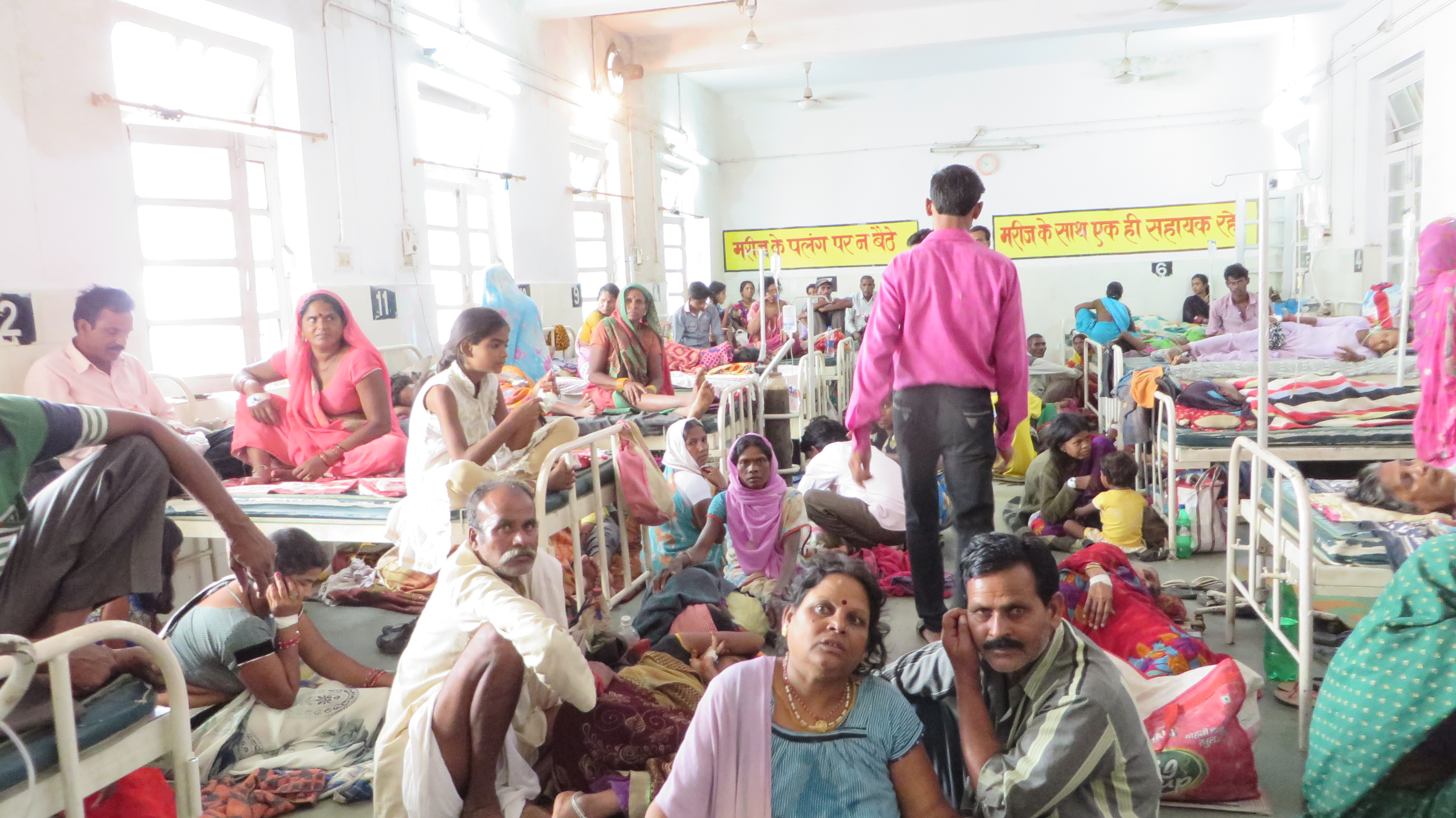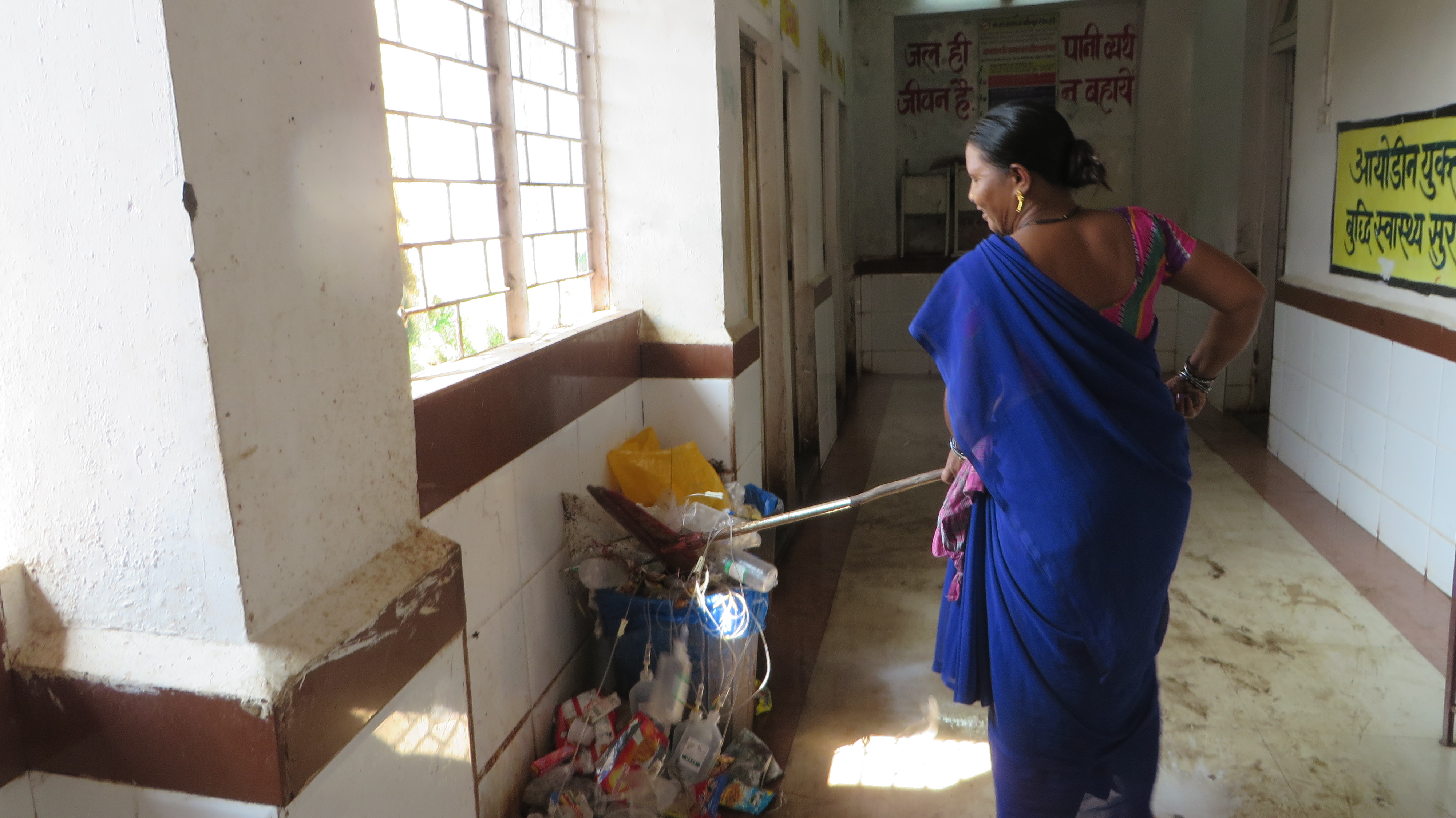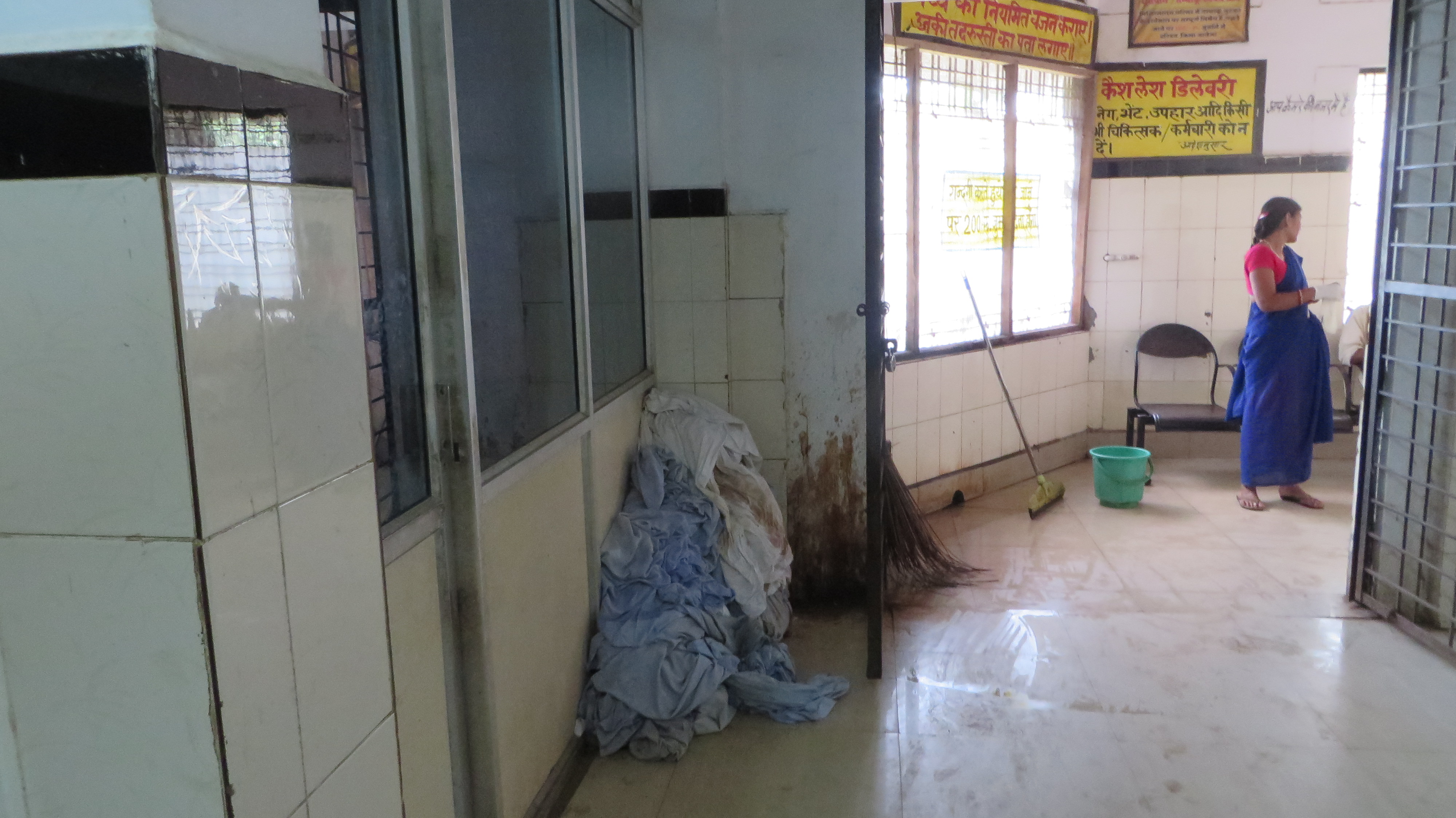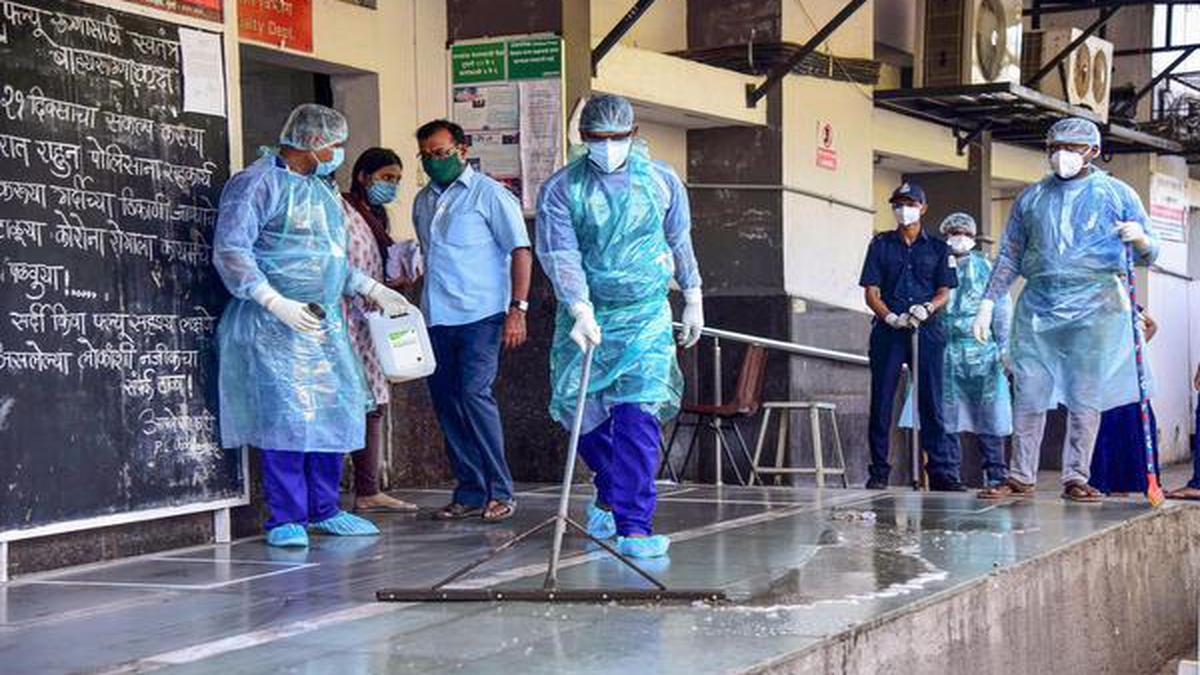This study estimates and decomposes life expectancy differentials along lines of caste, religion, and indigenous identity in India, home to some of the largest populations of marginalized social groups in the world. This paper is published in the Proceedings of the National Academy of Sciences (PNAS).
Hi, I’m Payal Hathi.
I'm a sociologist and demographer, and an Assistant Professor in the Department of Sociology and Population Center at the University of Colorado, Boulder.
About
My research focuses on social inequality and health in the Global South, with two main lines of inquiry. The first investigates the association between health outcomes and social disadvantage along lines of gender, caste, and religion in India. The second analyzes how dynamics of gender inequality shape the demographic measurement of fertility and mortality. I am trained in quantitative and demographic methods, and also use qualitative methods in my work.
Latest Research
Measurement of population mental health: evidence from a mobile phone survey in India
This study tests two questionnaires in measuring mental health in a mobile phone survey in population-representative samples in the Indian states of Bihar, Jharkhand, and Maharashtra. Both questionnaires measured worse mental health in places with lower human development, but only the adapted SRQ The adapted SRQ identified women as having worse mental health than men in all three states. This study is published in Health Policy and Planning.
When women eat last: Discrimination at home and women’s mental health
Using original data from a population representative mobile phone survey in Bihar, Jharkhand, and Maharashtra in 2018, this study finds that gender discrimination in the form of women eating only after the men in the household have eaten, is associated with worse mental health, even after accounting for differences in socioeconomic status. This study is published in PLOS One.
Persisting Prejudice: Measuring Attitudes and Outcomes by Caste and Gender in India
Results from a mobile phone survey in India (Social Attitudes Research, India (SARI)) show the persistence of conservative gender and caste attitudes in Indian society that vary surprisingly little by respondent gender, caste, and religion. This study is published in CASTE: A Global Journal on Social Exclusion.
Latest Media
What prevents Indian public hospitals from being hygienic? | Research Radio EPW
This podcast explores the close connection between caste-based discrimination, infection control, and hospital hygiene. .
Our Essential Workers Need Essential Care | EPW
Through personal interviews of healthcare workers in India, the state of front-line workers in dealing with Covid-19 in the country is discussed. Lack of personal protective equipment and beds as well as the caste system that operates when it comes to doing cleaning work in the hospitals aggravates the already debilitating condition of healthcare personnel. Despite being the most important stakeholders of health in rural areas, the accredited social health activists are leading a life full of struggles.
The precarious condition of hospital cleaning staff | The Hindu
In COVID-19 and beyond, we need to protect and train these essential workers.
Protecting health workers: Protective gear is not enough, infection control practices are critical
The practices of health workers will have a major impact on the trajectory of the COVID-19 pandemic in India. The government should be as focused on providing supplies and training to small-scale providers as to major hospitals. We must train and protect our health workers so that they can care for us.

